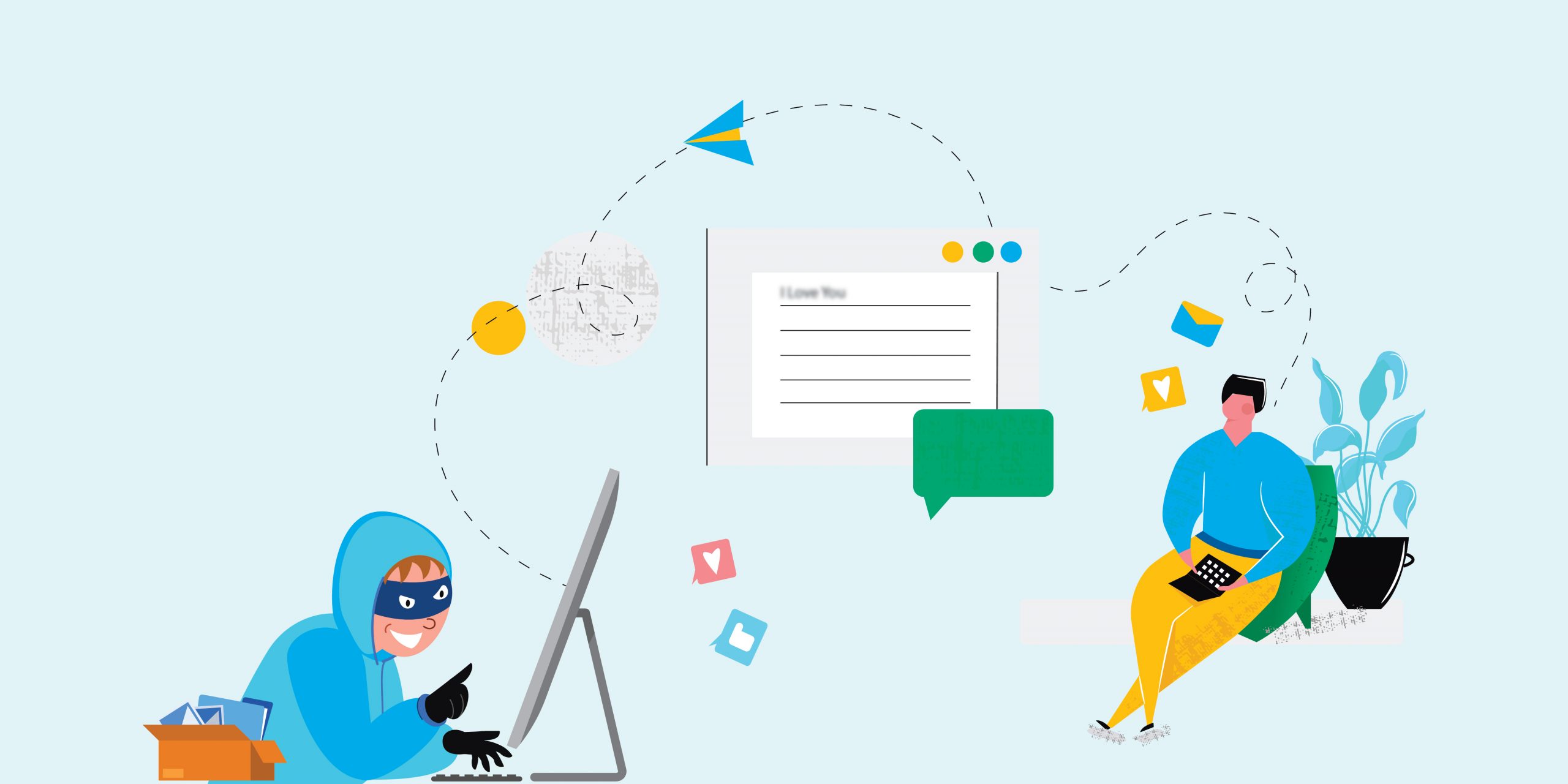Well, most of us know what a catfish is. For those of you who don’t, it is a diverse group of ray-finned fish with barbels resembling a cat’s whiskers.
But how many of you know there is something called catfishing in the cyber world?
In simple terms, it means to pretend to be someone you are not online.
So that said, let us get into our topic.
Let us see how this jargon is defined in cyberspace.
According to Wikipedia, Catfishing is a deceptive activity in which a person creates a fictional persona or fake identity on a social networking service, usually targeting a specific victim.
Why does one Catfish?
People go catfishing for a variety of reasons. The reasons are listed below, though not exhaustive.
- Lack of self-esteem
- Revenge
- Harassment
- Financial gain
- Seeking to cultivate a relationship
Catfishing signs
If you are an avid social network user, you must know how to spot a catfisher. Following are a few signs indicating that you are being catfished.
- Fake Persona
-
-
- If a stranger follows you and his profile looks impersonated. Impersonated profiles have a low follower count, and their account would not be verified
-
- Avoids a virtual meeting
-
-
- The person refuses to have a video or phone chat
-
- Asks for monetary favours
-
-
- If the person is very emotionally manipulative and asks for money
-
- Inconsistent Profiles
-
-
- Inconsistent profiles across various social media platforms, such as having different names or pictures
-
- Love Bombing
-
-
- Convince you to get into a relationship within just a few days or weeks of contact and try to get committed to a relationship with you even though you have not met in person
-
- Victim Isolation
-
- Look for ways to keep the relationship secret or isolate the victim from friends and family
Handling Catfishing
If you think you or someone you know is being catfished, you can follow these steps to deal with it.
- End the Conversation
-
-
- If you feel uncomfortable with someone, the first step is to stop the conversation and any financial dealings that you may have with that person
-
- Check all your Online Accounts
-
-
- Check all online accounts for any suspicious activity
- Protect your Personally Identifiable Information (PII)
-
- Research about the Fake Persona
-
-
- In case you are being catfished, try to do some basic research about their online persona, such as if their profile photo appears on someone else’s online persona, search their phone numbers, and so on
-
- Avoid sharing too much
-
-
- Don’t reveal too much information, especially those that answer security questions, which could help gain access to confidential and sensitive data. Also, keep your financial information private
-
- Being blackmailed, report
-
- If you are being blackmailed, report it to the Cyber Crime Grievance Cell in your respective location by furnishing the required details
Catfishing is not a threat that you can ignore. It can lead to dangerous situations where online predators can lure the victim to meet them in person and cause bodily harm, monetary loss, or harm in any other way for the victim. So online users need to be very careful with whom they communicate and be discreet about what they share online, such as pictures and videos. It is better to do proper research about the person before accepting a friend request or following someone on social media.











